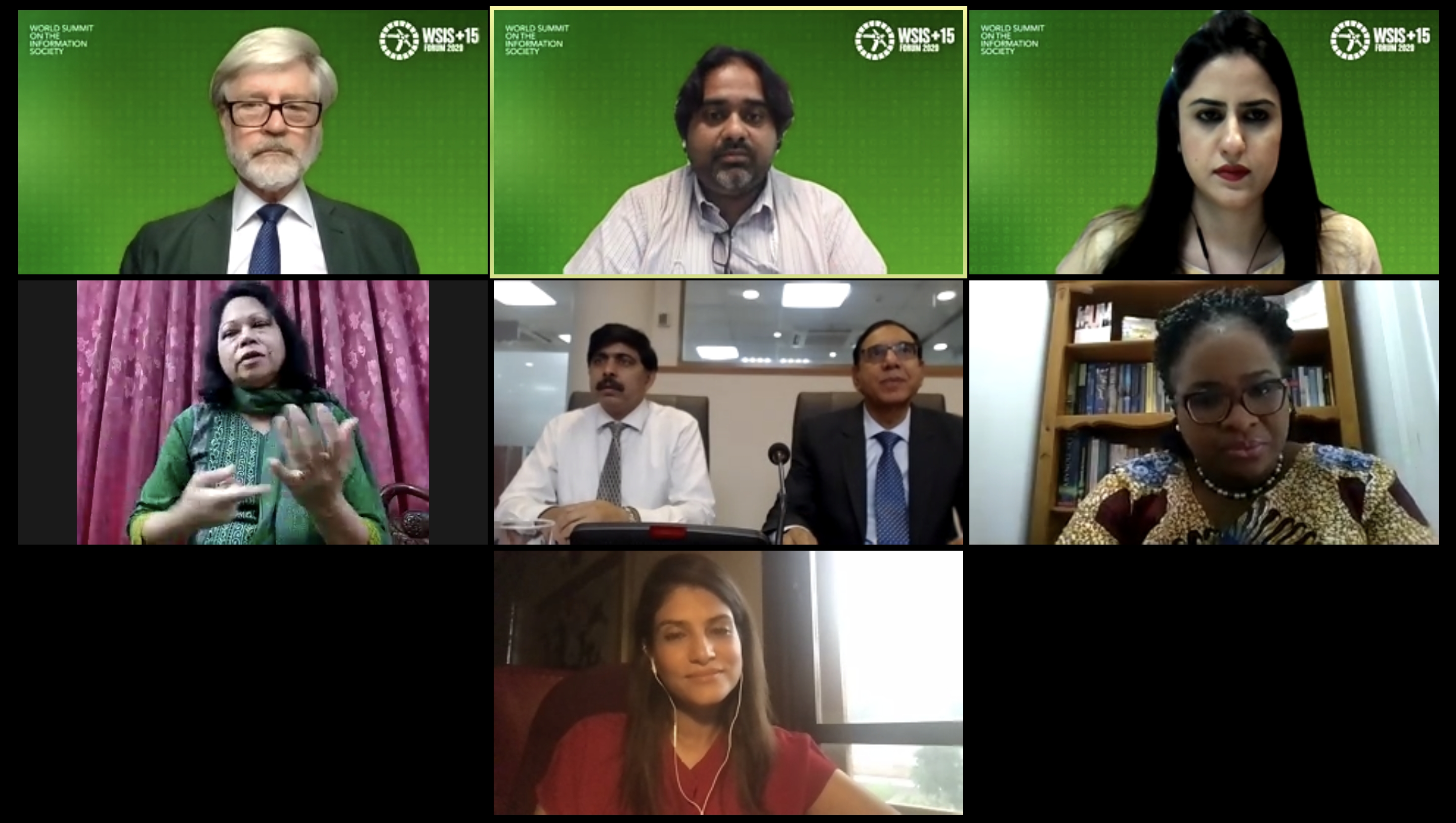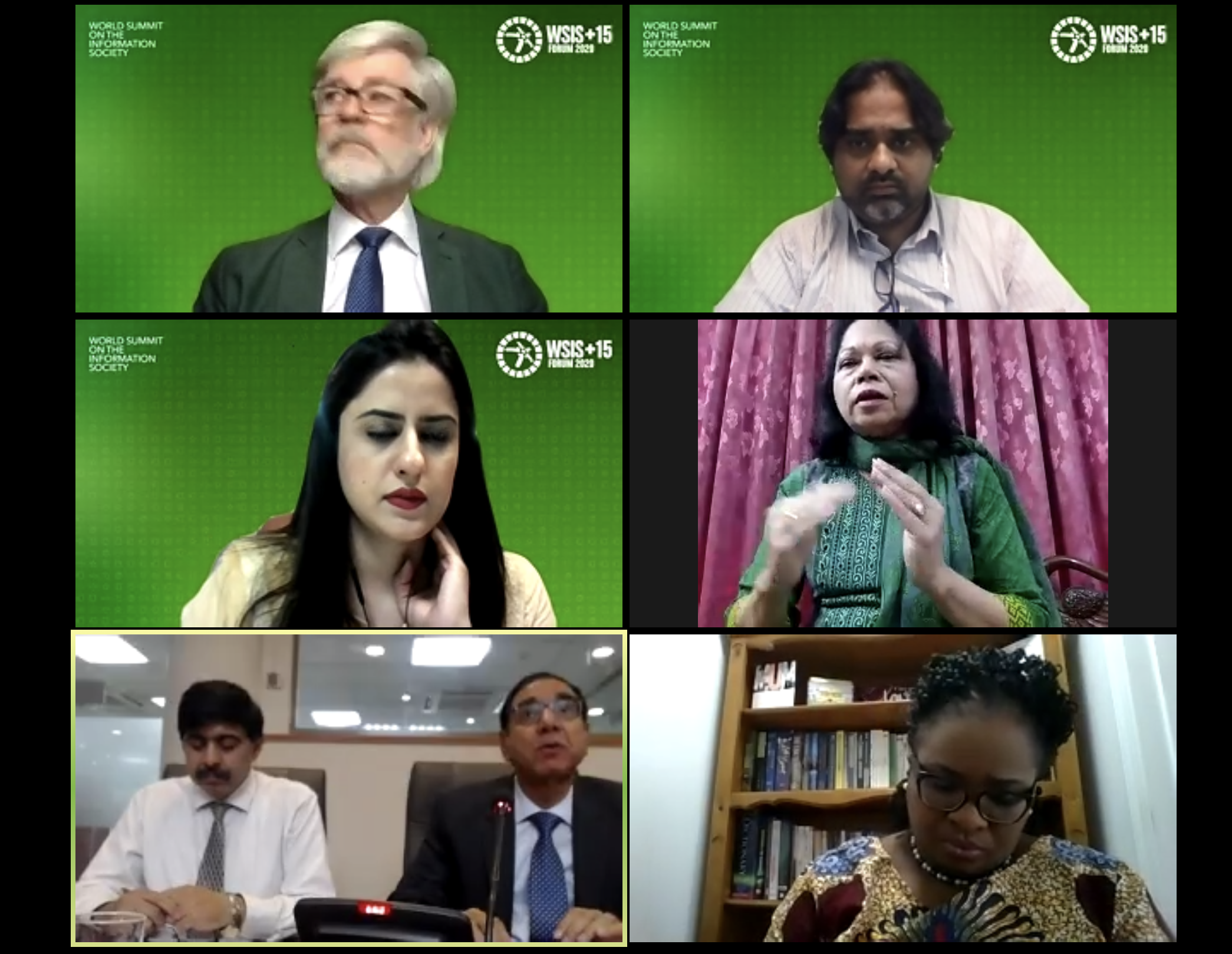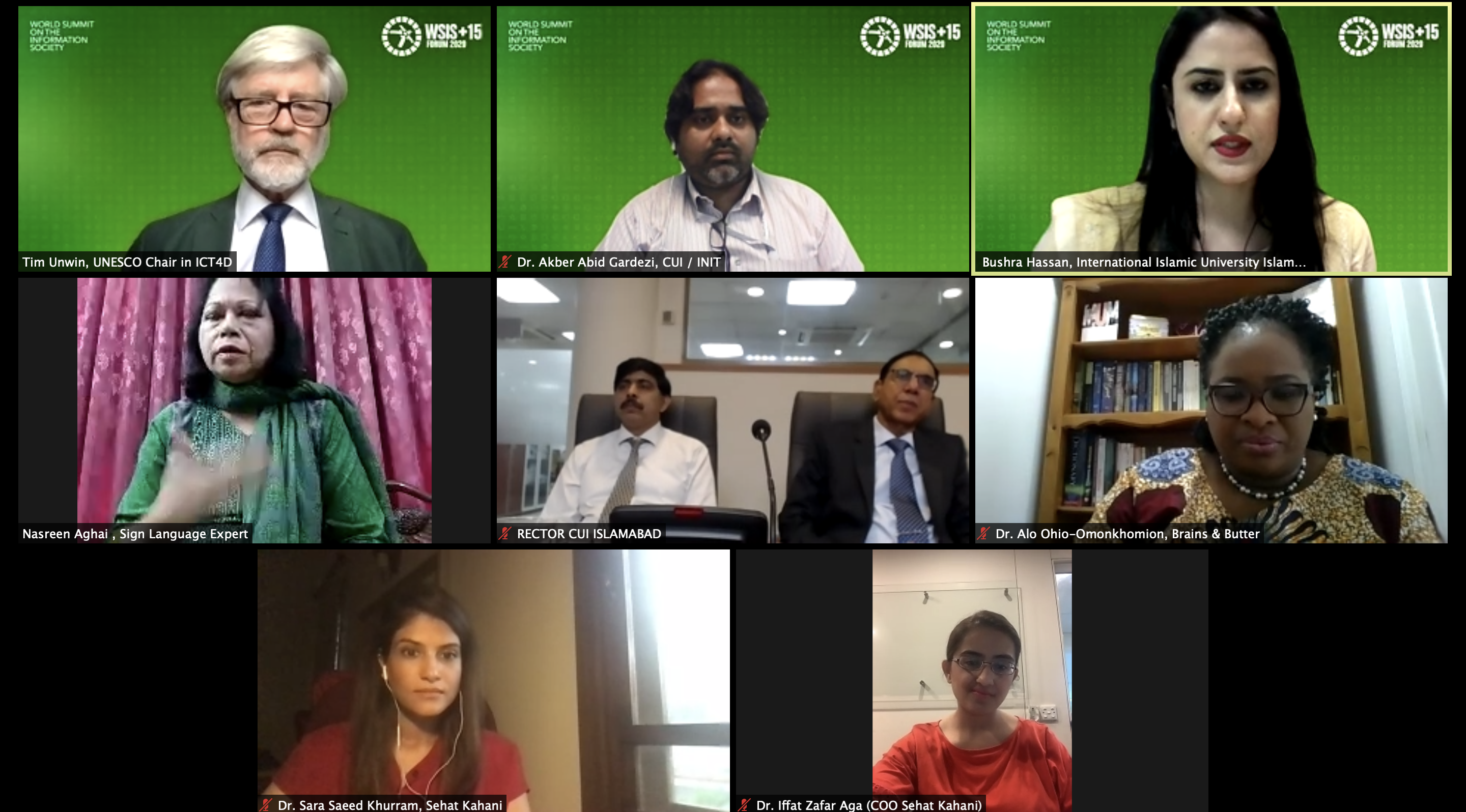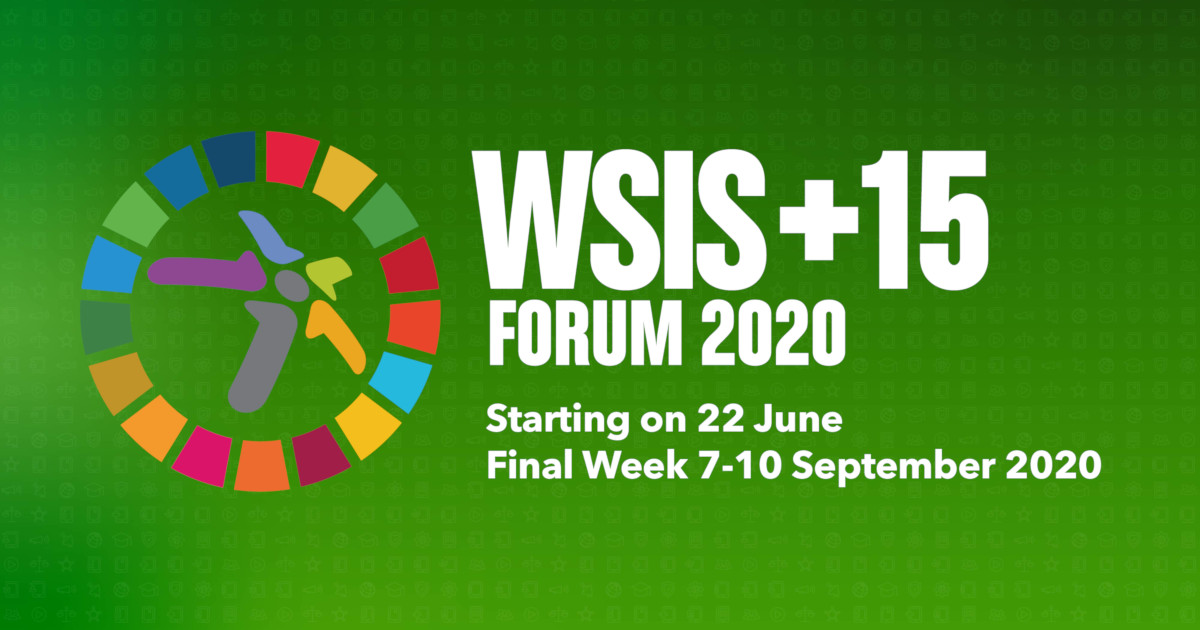Changing men’s attitudes to women and technology: A TEQTogether initiative
TEQTogether , UNESCO Chair in ICT4D , COMSATS University Islamabad , Inter Islamic Network on Information Technology
Session 333
The session will build on the current work of UNESCO Chair in ICT4D and TEQTogether with collaborators in Pakistan and other developing countries focusing on women and technology.
The aim of this session is to showcase and validate the finding of the joint research conducted by UNESCO Chair in ICT4D facilitated by COMSATS University Islamabad and INIT.
We undertook 12 focus groups (7 for men only, 4 for women only, and one mixed) using a broadly similar template for both men and women, that began with very broad and open questions and then focused down on more specific issues. The sample included university students and staff studying and teaching STEM subjects (Science, Technology, Engineering and Mathematics), tech start-up companies, staff in small- and medium-sized enterprises, and also in an established engineering/IT company.
Focus groups were held in Islamabad Capital Territory, Kashmir, Punjab and Sindh, and they were all approximately one hour in duration.
It is very important to emphasise that although it is possible to draw out some generalisations there was also much diversity in the responses given. These tentative findings were also discussed in informal interviews held in Pakistan with academics and practitioners to help validate their veracity and relevance.
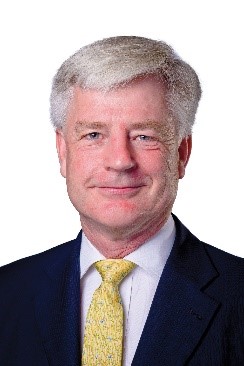
Professor Tim Unwin CMG is UNESCO Chair in ICT for Development (ICT4D) and Emeritus Professor of Geography at Royal Holloway, University of London. In 2016, Professor Tim Unwin has been appointed as a CMG (Companion of the Most Distinguished Order of St Michael and St George), The Honour has been awarded in recognition of his contributions to the Commonwealth. He was Secretary General of the Commonwealth Telecommunications Organisation (CTO) from 2011-2015, and was Chair of the Commonwealth Scholarship Commission from 2009-2014, having been a Commissioner since 2004. The boards of ICT4D initiatives on which he serves include the ITU's m-Powering Development Advisory Board, the UK Department for International Development’s Digital Advisory Panel, the UN University – Computing and Society International Advisory Board, and the World Economic Forum’s Internet for All initiative’s Steering Committee. He is also Honorary Professor at Lanzhou University in China, and a Distinguished Fellow of the Globalization, Ageing, Innovation and Care Network at Tilburg University in the Netherlands. He has written or edited 15 books and more than 200 academic papers and chapters, many of which focus on the use of technology in development practices. His book, Information and Communication Technologies for Development, was published by Cambridge University Press in 2009, and his latest book entitled Reclaiming Information and Communication Technologies for Development was recently published by Oxford University Press.
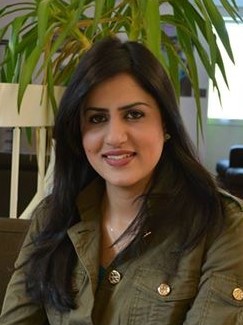
Dr Bushra Hassan is presently serving as an Assistant Professor at the Department of Psychology, International Islamic University Islamabad. Dr Hassan has 10 years of experience encompassing diverse fields including Social & Applied Psychology, Information Communication & Technologies for Development (ICT4D), Industrial & Organizational Psychology, and the Psychology of Gender. She has obtained a gold medal from the Quaid-i-Azam University Islamabad and received a Commonwealth Scholarship Commission PhD award to undertake doctoral research from the University of Sussex, United Kingdom.
Her primary research interests are in understanding the significance of identity formation and applying the social identity approach to inter-group processes and their associations with adaptive psychological outcomes. She has a wider experience of carrying out cross cultural research in both ‘Western’ cultures, including the UK and USA, and also in Asian cultures such as Pakistan and India.
Dr Hassan is an affiliated member of the UNSECO Chair in ICT4D and serves as a consultant (on pro-bono basis) at the Inter Islamic Network on Information Technologies INIT. Dr Hassan is committed to contribute in developing government level legislatives and initiatives in use of ICTs for disability and empowering women through bridging the gap in digital gender divide. Her vison is to contribute into more inclusive society and mainstreaming the most marginalized.
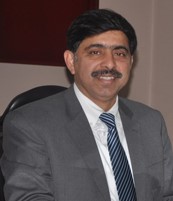
Dr. Tahir Naeem is working as Director Planning and Development/Human Resource Development at COMSATS University Islamabad and is also the Executive Director of Inter Islamic Network on Information Technology. His research interest includes exploring the role of Higher Education in National Innovation Systems and has done extensive research on evolution of higher education in developing countries. Dr. Naeem did his PhD in Management Sciences from University of Leicester, Masters in Business Administration from Asian Institute of Technology, Thailand Bangkok and Civil Engineering from University of Engineering and Technology, Lahore. Dr. Naeem possess a diverse portfolio of experiences ranging from formulating inter-alia policy proposals for overall development of science and technology in Pakistan, devising monitoring & evaluation strategies, and overseeing execution of large-scale developmental projects. In the domain of capacity building Dr. Naeem has organized a number of international conferences, workshops as Program Chair/ Co-Chair in the domains of Project Management, ICTs for Education , Healthcare , Agriculture , digital accessibility and cyber security in collaboration with international organizations and UN bodies.
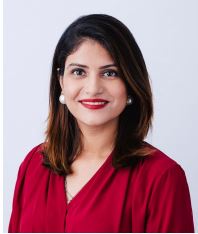
Dr.Sara Saeed Khurram is the Co-Founder and Chief Executive Officer, Sehat Kahani. Sehat Kahani which is an all-female health provider network including that is working to create quality health care solutions for communities where health access, quality, affordability of health care is still a dream, using cost effective ICT enabled solutions.
Dr. Sara Saeed Khurram has won notable awards such as the Rolex Awards 2019 as Ass. Laureate, TIAW Award, CRDF Global Awards, Ashoka Change makers, ISIF Asia, The Unilever Sustainable living Young Entrepreneurs Awards, The Unicef- Global Goal Campaigner Award 2016 and Arpatech Young Entrepreneurs Award 2017 for her work. She is also a
Cartier Awards finalist and the first frontier Innovator from Pakistan. She is a Acumen fellow 2016, a Tedx speaker, Cherie Blair Foundation alumnus and has been part of a well-known accelerators such as Invest2Innovate, Frontier and the Amplify program.
Dr. Sara Saeed Khurram has been born and bred in Karachi. She has done her MBBS from DOW University of Health Sciences in 2010 and her Master is Health Policy and Management from The Aga Khan University of Health
sciences in 2018. Dr. Sara Saeed Khurram loves turns ideas into reality on ground, she is an implementer and doer who loves Travel, Music, poetry but majority of her personal time is dedicated towards her 2 daughters that inspire her to fight
for equal rights for women in every walk of life!

Dr. Alo had her first degree, BSc in Economics, from the University of Hull (UK), her MSc in Economics and Development Economics from the University of Nottingham (UK) and her PhD in Development Studies from the University of Sussex (UK). She has worked as an Associate Tutor, a Research Assistant and a Lecturer. Having had this full-circle and fulfilling academic experience of over 15 years, she is keen on helping Nigerian students in the UK have a rewarding academic and non-academic experience like she did (and even better ‘with butter’) experience. She is happily married with three Children.

Dr. Iffat Zafar is the Co-Founder and Chief Operations Officer for Sehat Kahani, a telemedicine startup based in Pakistan. She did her medicine degree from Ziauddin Medical University and currently. She is a Commonwealth scholar for her ongoing Masters in Global E-Health from University of Edinburgh. She is a Good Fund Fellow 2017-18, went to MIT for the Entrepreneurship Development Program (2016). She was recently featured by Microsoft4Africa for the women led success stories in South Asia.
Dr. Iffat Zafar has been a part of some prominent global accelerators and has won notable awards which include GSMA Accelerator, SPRING Accelerator, Engro I am Change Awards 2016, KITE-OSLO Local Competition, MIT Enterprise Forum Pakistan (2015), Seedstars Regional Event (2015), Winner of “The best in Healthcare” at GIST (Global Innovation through Science and Technology) Tech I Event held United Nations Head-Quarters Kenya Nairobi (2015) for her work. She has also been a part of a well-known accelerator in Pakistan; Invest2 Innovate previously. Dr. Iffat has mentored a lot of upcoming startups at prestigious platforms such as being a Mentor for the GIST Tech-I 2019, Mentor at the Startup Weekend Nest I/o and Mentor at the Cherie Blair Foundation.
Dr. Iffat Zafar is enthusiastic, and is great at being a people’s person and loves to be a motivator. Her strengths include corporate relationship building, loves to travel and read books. Her most recent favourites are “Lean In” and
“The Most Powerful Woman in this room is You”. In her personal life, she is a wife and a mother of 2 daughters and she loves to spend every bit of time she gets with them.

Sahar Habib is the Communications Director at Code for Pakistan. Code for Pakistan is a non-profit that works towards building a strong civic innovation ecosystem by increasing civic engagement, promoting responsive citizen-centered government, encouraging the opening of government data, and supporting innovation in the public sector.
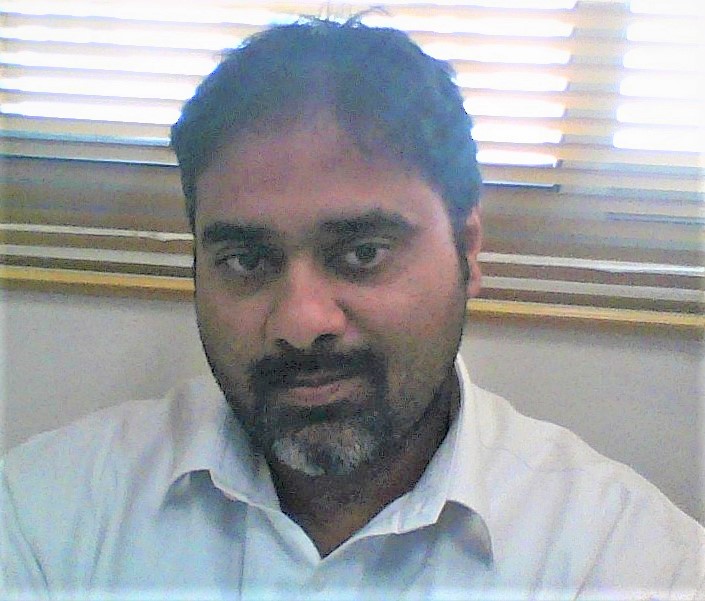1.jpg)
Dr. Akber Gardezi is currently an Assistant Professor in the Department of Computer Science at COMSATS University, Islamabad (CUI), a ranking university. He obtained his PhD and Master’s Degrees from University of Sussex, UK. After completion of the PhD degree Dr. Gardezi was awarded a Postdoctoral Tutorial Fellowship at University of Sussex in the Department of Engineering and Design where he was closely involved with projects on embedded systems for activity recognition for a period of two years. At CUI apart from being an Assistant Professor he also holds the additional charge of managing the Inter Islamic Network on Information Technology (INIT) which is an official network of the Organization of Islamic Cooperation (OIC) responsible for ICT dissemination , popularization , and capacity building across the 57 member states. Furthermore, Dr. Gardezi is also closely involved with projects relating towards ICTs for Development hence utilizing his network of peers in terms of launching advocacy and awareness initiatives for the marginalized communities including People with Disability , Rural Communities and Persecuted Minorities. Dr. Gardezi is an ardent advocate of the philosophy that technologies can be a vehicle of change and betterment for the most marginalized globally.
-
 C1. The role of governments and all stakeholders in the promotion of ICTs for development
C1. The role of governments and all stakeholders in the promotion of ICTs for development
-
 C3. Access to information and knowledge
C3. Access to information and knowledge
-
 C6. Enabling environment
C6. Enabling environment
-
 C7. ICT applications: benefits in all aspects of life — E-business
C7. ICT applications: benefits in all aspects of life — E-business
-
 C7. ICT applications: benefits in all aspects of life — E-employment
C7. ICT applications: benefits in all aspects of life — E-employment
-
 C8. Cultural diversity and identity, linguistic diversity and local content
C8. Cultural diversity and identity, linguistic diversity and local content
-
 C10. Ethical dimensions of the Information Society
C10. Ethical dimensions of the Information Society
-
 Goal 4: Ensure inclusive and equitable quality education and promote lifelong learning opportunities for all
Goal 4: Ensure inclusive and equitable quality education and promote lifelong learning opportunities for all
-
 Goal 5: Achieve gender equality and empower all women and girls
Goal 5: Achieve gender equality and empower all women and girls
-
 Goal 8: Promote inclusive and sustainable economic growth, employment and decent work for all
Goal 8: Promote inclusive and sustainable economic growth, employment and decent work for all
